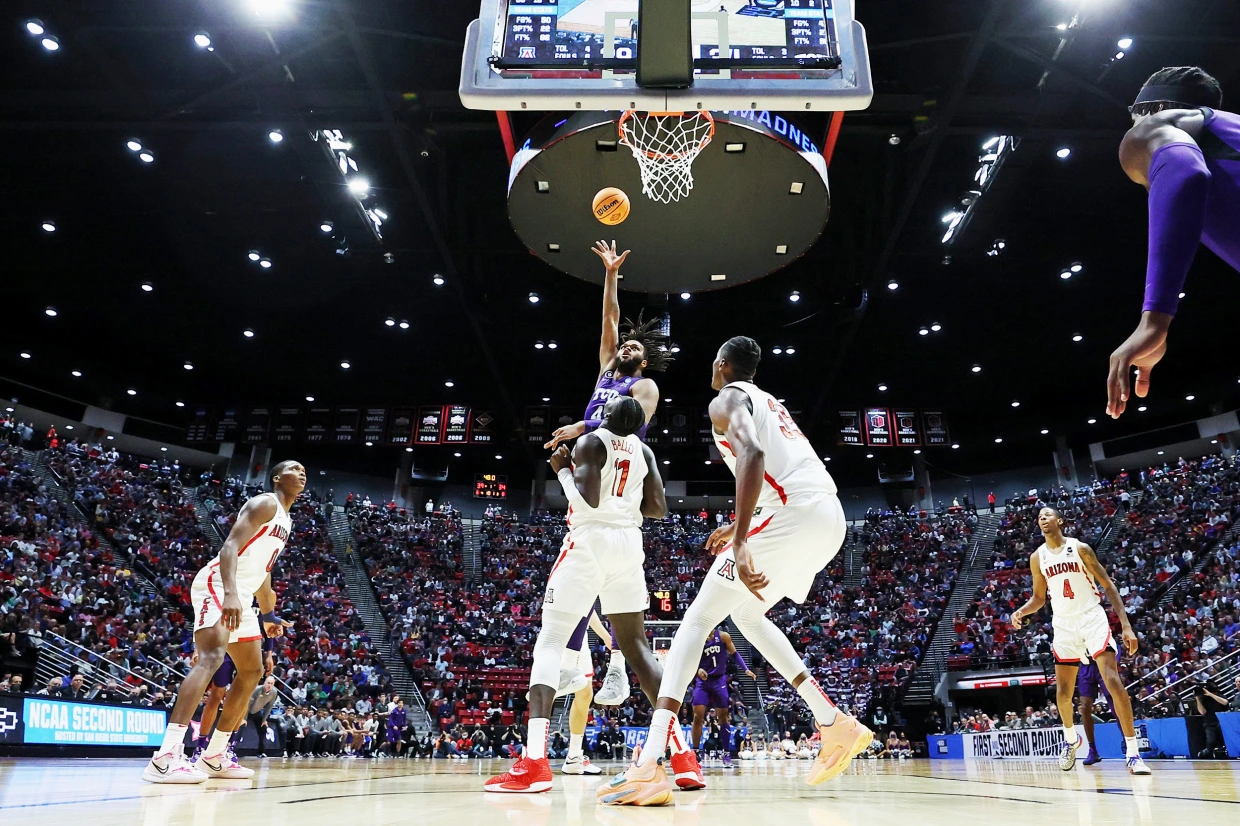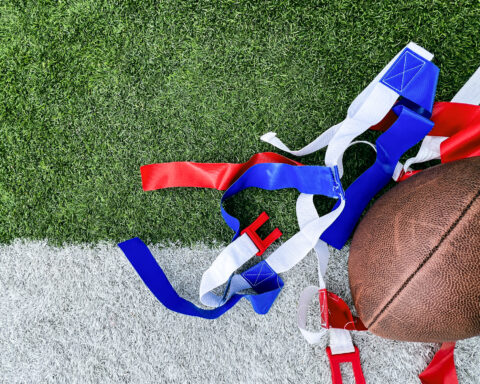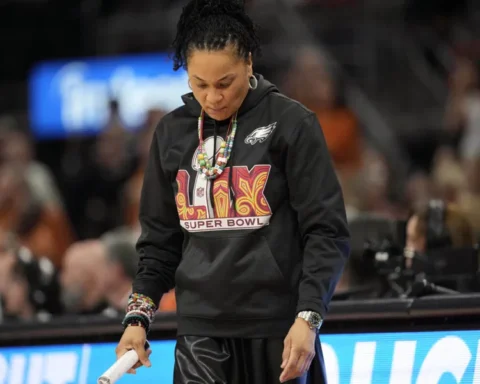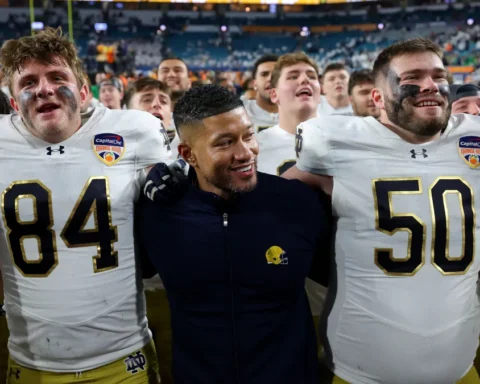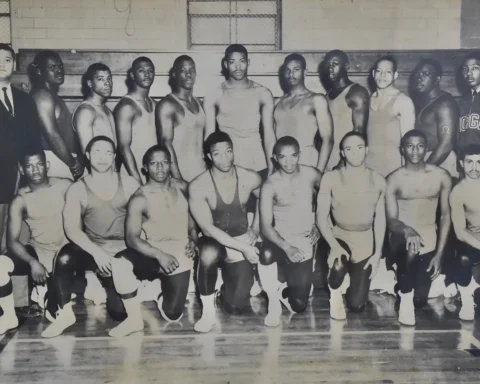Less than a year after the NCAA announced it will allow for the first time college athletes to be compensated for their name, image and likeness, an advocacy group representing the players filed a civil rights complaint with the U.S. Department of Education alleging that NCAA Division I colleges have conspired to limit Black athletes’ earning ability.
The complaint filed Tuesday challenges a cap on student-athlete compensation in football and basketball, in the form of scholarships, where the athletes are predominantly Black. The NCAA declined a request to comment on the complaint.
The nine-page complaint by the National College Players Association, obtained by Sports Illustrated, outlines the millions of dollars that basketball and football players are denied by 350 colleges through “unjust compensation limits.” The complaint breaks down the funds a sport’s total revenue applies to athletic scholarships. For football, it is 8.1 percent; 8.9 percent for men’s basketball; and 29.9 percent for women’s basketball.
According to the filing, women’s basketball players are each being denied an average of $24,000 a year; men’s basketball players $164,000 annually; and football players $185,000.
In the complaint, the National College Players Association contends that because there is a high percentage of Black student-athletes in football and basketball, the NCAA-wide compensation limit causes a “disparate impact” on Black college students, calling them a “legally protected class.” The NCAA enforces the policies that are established by university administrators.
The NCAA limits what schools can provide to athletes in terms of athletic scholarships and also prohibits any direct pay from schools to players.
Through scholarships, National College Players Association Executive Director Ramogi Homa said to Sports Illustrated, “college athletes throughout predominantly white sports receive fair market compensation, but athletes in the only predominantly Black sports do not. All college athletes should have the opportunity to receive fair market pay. This can happen without cutting any sports. Colleges would just have to spend a bit less on coaches’ salaries and luxury facilities.”
According to the University of Southern California’s 2018 survey on Black male athletes in Division I sports, Black athletes make up 55.9 percent of men’s basketball players and 55.7 percent of men’s football. In women’s basketball, 40.7 percent of players are Black, according to The Institute for Diversity and Ethics in Sport’s 2020 racial and gender report card.
The filing follows the historic name, image and likeness financial opportunities the NCAA announced last June, paving the way for student-athletes to earn money for the usage of their names, images or likenesses in advertisements, commercials and endorsement opportunities.
The 40-member NCAA Division I Council, made up mostly of athletic directors, suspended its rules emphasizing the importance of unpaid amateurism for college athletes while some schools have amassed fortunes off their talents. The policy doesn’t affect the rules that require student-athletes to “avoid pay-for-play and improper inducements tied to choosing to attend a particular school,” the NCAA says.
Huma told Sports Illustrated that National College Players Association leadership and officials from the Department of Education met before the complaint was filed. Huma’s filing Tuesday morning will prompt an investigation that could last up to 18 months, according to Sports Illustrated.
“There are plenty of federal agencies that already have the power to enforce existing laws,” Huma says. “We are blitzing the federal agencies to get them to use their authority.”

